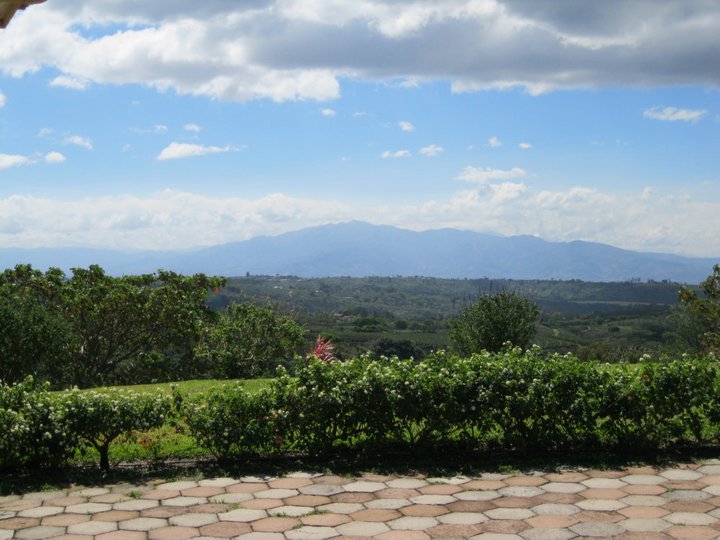My wife, Sue, and I just spent an inspiring weekend with fifteen couples who attended the Center for Christian Life Enrichment’s 2011 Winter Couples Retreat in Racine, Wisconsin. I was inspired by their courage to pursue their hunger for more intimacy and their willingness to let others coach them in transforming.
One of the first concepts we discussed on the retreat was the challenge for couples to recognize that the foundation of a healthy marriage is the individual strength and maturity of each partner. Each person in the relationship must dedicate themselves to growing up and differentiating from one another. At first, this sounds backwards. In fact, many couples are trying to do the opposite. They are trying to re-capture the “in love” feeling they had while they were dating which results in the quest for the counterfeit to true intimacy. This seductive substitute is what we call enmeshment or fusion.
At CLE, we believe that if a marriage is going to grow beyond infatuation, then partners must take responsibility for developing themselves and fulfilling their life purposes. While conscious couples are learning and growing, they are also deliberately choosing to invest in their marriages. They are not looking to define themselves by their spouses or their children. The image I have is of two increasingly strong and dedicated individuals investing in their marriage and family out of the rich and bountiful harvest of living their lives to the fullest.
It has become absolutely clear to me that if we intend to genuinely transform our lives, then we are going to need exceptional support. At CLE we provide all types of different counseling services built around an individuals or couples needs. We generally recommend that people choose a blend of individual and group therapy. Individual therapy gives someone the opportunity for intensive one on one support from a trained professional while group provides a person the chance to get feedback and support from peers as well as other professionals.
At our couples retreat this past weekend, the tool we focused on developing for enhancing our partnerships was learning how to share our life narrative. A narrative is our story of how we came to be who we are. When I was in the ministry, we routinely helped people write their testimonies, which were their stories of how they came to have a personal relationship with Christ. This weekend we worked on identifying and appreciating the influences that have shaped us into the people we are today.
I was so moved to see how each of the couples were able to have more understanding, patience and grace with one another as we began to understand the back story behind why we are the way we are. Couples were experiencing breakthroughs in having tolerance and empathy for one another as they were reminded of the forces which shaped themselves as well as their partners.
Don’t miss the chance to join us at CLE for one of our life transforming retreats or workshops. We would love to meet you and welcome you into our community.



